Table of Contents
In English grammar, a noun is defined as a part of speech that is used as a naming word. An Abstract noun is one type of noun that is used to describe feelings, emotions, experiences, etc. In this article, we will understand abstract nouns, their definitions, and examples in-depth.
Abstract Nouns
Abstract nouns are a category of nouns that refer to ideas, concepts, emotions, qualities, or states rather than tangible, physical objects. Unlike concrete nouns, which represent things that can be perceived through the five senses, abstract noun represent intangible and often complex concepts that exist in the mind or in the realm of thought and feeling. Here are some common examples of this type of nouns: Love, Happiness, Freedom, Truth, Justice, Wisdom, Courage, Beauty, Knowledge, Honesty
What is Abstract Noun?
Abstract nouns are often used to express feelings, emotions, or intangible aspects of the human experience. They play an essential role in language and communication, allowing us to discuss and convey ideas and concepts that are not limited to physical objects.
Abstract Noun Definition
An Abstract noun is one type of noun that is used to describe feelings, emotions, experiences, etc. In English grammar, “abstract Noun ” is a type of noun that defines feelings, experiences, and emotions that we can’t touch, smell or see by our senses. Love, hatred, honesty, and beauty are examples of abstract nouns.
Abstract Noun Examples
Abstract nouns are these naming words that we can’t touch, smell, or see with our senses. To identify an abstract noun in a sentence, we have to find nouns that can’t be seen, touched, or felt. Examples of abstract nouns are:
1. Events –Marriage, birthday, wedding, motherhood, etc.
2. Emotions: Joy, Love, Sorrow, Happiness, Disappointment, Anger, etc.
3. Qualities -Honesty, Trust, Bravery, Courage, Patience, Dedication, and Faith
4. Ideas: Luck, opportunity, adventure, comfort, democracy, etc.
More Examples of Abstract Noun
These nouns that represent concepts, ideas, emotions, qualities, or states that cannot be perceived with the five senses. Here are some examples of abstract nouns:
- Love
- Happiness
- Freedom
- Friendship
- Justice
- Honesty
- Courage
- Peace
- Wisdom
- Knowledge
- Beauty
- Trust
- Creativity
- Success
- Patience
- Hope
- Integrity
- Respect
- Kindness
- Determination
These nouns represent intangible and often complex concepts or feelings that can’t be seen, touched, heard, tasted, or smelled but play a significant role in human thought and communication.
Conversion of an abstract noun from a Common noun
We can easily convert Common nouns into abstract nouns by adding specific suffixes
| Suffix | Abstract noun |
| -Hood | Childhood, Motherhood
Adulthood |
| -Ness | Kindness, Politeness |
| -Tion | Emotion, Relation,
frustration |
| -Ship | Friendship, Relationship |
| -Ty/ity | Beauty, quality, equality |
| -Th | Faith, death, truth |
Conversion of Abstract Noun From Adjectives
Adjectives are defines or modify the quality, state, or a number of a noun. We can convert adjectives into abstracts by the addition of specific suffixes. For example,
Abstract Noun of Free, Beautiful, Happy
| Adjectives | Abstract Noun |
| Angry | Anger |
| Happy | Happiness |
| Kind | Kindness |
| Free | Freedom |
| Able | Ability |
| Beautiful | Beauty |
| Polite | Politeness |
Conversion of Abstract Noun from Verbs
In a sentence, verbs are one of the fundamental parts. A verb is a part of speech that is used to tell an action done by any individual we can convert verbs into abstract nouns. For example,
| Verbs | Abstract Noun |
| Enjoy | Enjoyment |
| Present | Presence |
| Absent | Absence |
| Inform | Information |
| Enter | Entrance |
| Improve | Improvement |
| Invest | Investment |
How to Use Abstract Noun
The same principles that apply to other nouns also apply to abstract nouns. They can take on a possessive form (e.g., freedom’s price), function flawlessly as subjects and objects, and adhere to standard capitalization norms. They can also be singular or plural, but you have to determine if they are countable or uncountable (sometimes referred to as mass nouns).
Usage of Countable and Uncountable Abstract Nouns
Determining whether an abstract noun is countable or uncountable can be difficult because, depending on the context, they can often be both. In general, an abstract noun is uncountable if its meaning is universal or broad, encompassing all instances.
- No one wins without talent.
- “Success is not final; failure is not fatal.” —Winston Churchill
- Time flies when you’re having fun.
However, an abstract noun that refers to a particular event or occurrence must use quantifiers like few and many as well as articles like a, an, and the, just like a countable word. In case your particular abstract noun has many occurrences, you can make it plural by using the standard noun construction rules.
- “If a book about failures doesn’t sell, is it a success?” —Jerry Seinfeld
- You have a talent for winning.
- The time I spend with you lasts forever.
Abstract Nouns Usage in sentences
As we know that abstract nouns refers to emotion, idea, experience, events, and quality. To identify an abstract noun in a sentence, we have to find nouns that can’t be seen, touched, or felt. Here are some more examples of these nouns in sentences.
- I have the ability to work under pressure.
- Joy and sorrow are next-door neighbors.
- In childhood, mostly we all used to watch cartoons.
- Give me a suggestion in this matter.
- I am very sure about the investment.
- His death news shocked me.
- There are some advantages and disadvantages to the use of social media,
- We can’t buy happiness with Money
- The interviewer is testing her patience.
- The movement of the earth around the sun results in day and night.
Can a Word be Both an Abstract Noun and a Verb?
In English grammar, there are some words that act both as nouns and Verbs without any changes. Some examples of these kinds of words are love, park, aim, etc. let’s understand properly with examples.
Aim as Noun – My aim is to be a doctor
Aim as Verb – You have to aim for a good job.
Park as Noun –The chairman of our society decided to build a children’s park in the society
Park as a verb – I request my brother to park my car in the garage.
| Related Articles | |
| Possessive Nouns | Singular Nouns |
| Collective Nouns | Proper Nouns |
| Plural Nouns | Compound Nouns |

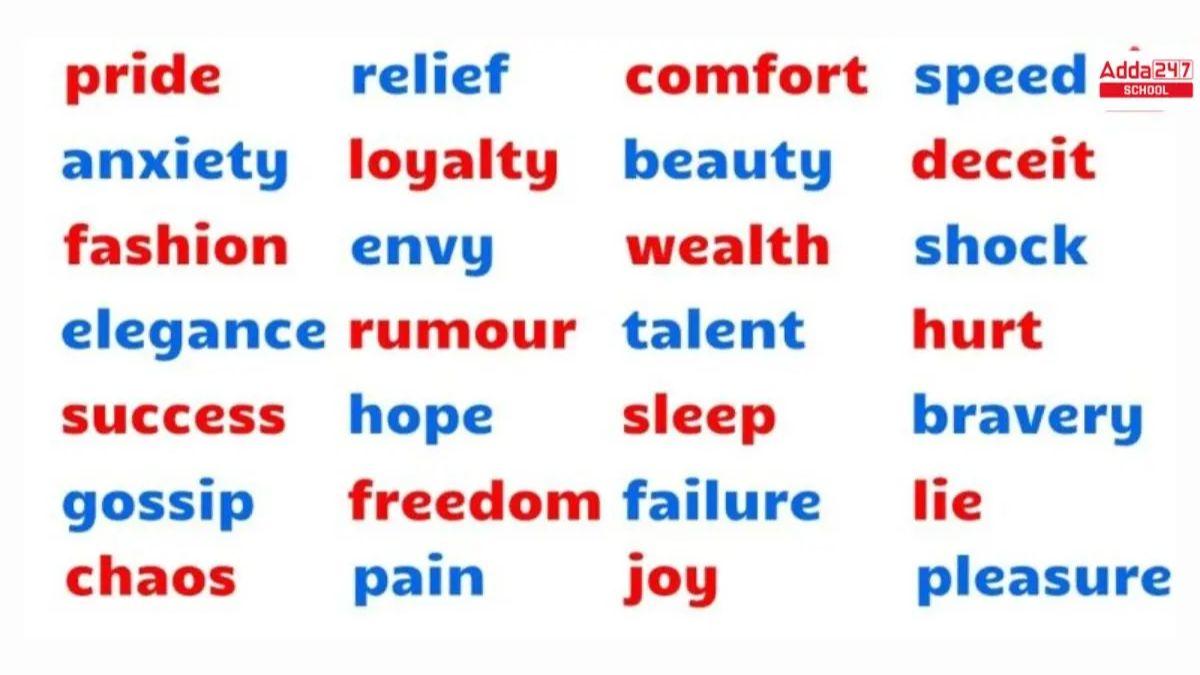
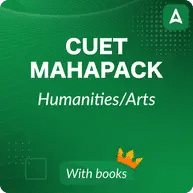
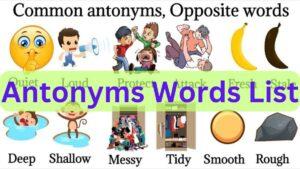 500+ Antonyms Words List for Kids, Downl...
500+ Antonyms Words List for Kids, Downl...
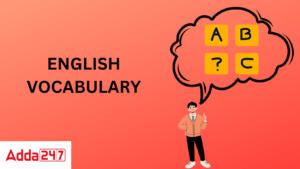 Vocabulary Words with Meaning and Senten...
Vocabulary Words with Meaning and Senten...
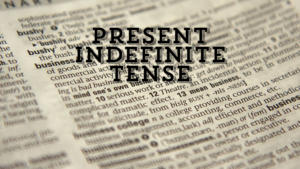 Present Indefinite Tense: Formula, Exerc...
Present Indefinite Tense: Formula, Exerc...






























